AMERICAN LANGUAGE BY ALAN READE, WEB ARCHIVE, 1991-1999
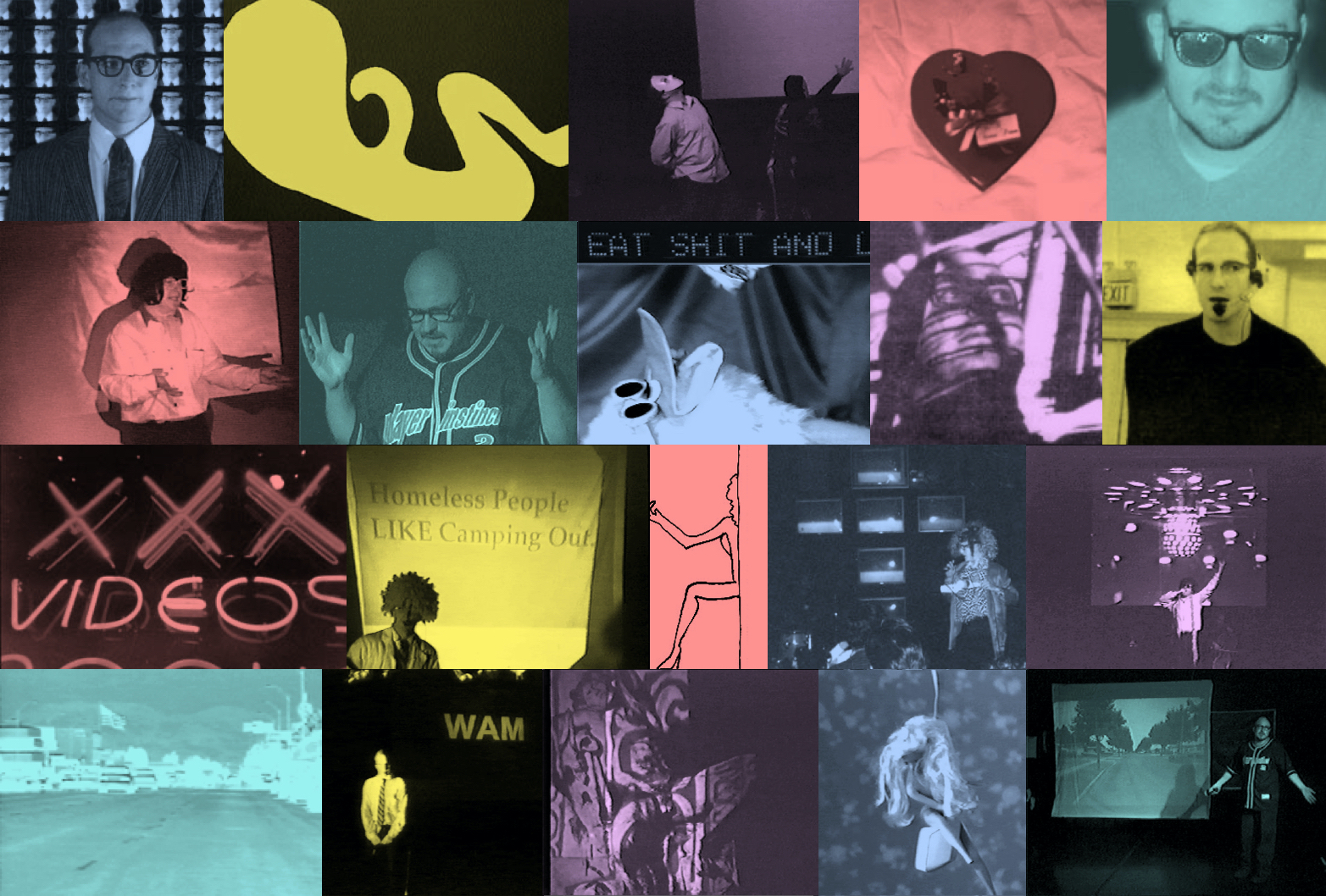 From childhood I had always seen myself as a poet. Then at 18 I realized I didn’t want to publish a book because I thought books sat quietly on a shelf. I wanted to be there when the audience received my work. So in 1986 I started doing small-scale performance pieces in the Monterey Bay Area. I moved to Seattle in 1987, traveled around and worked as a journalist, then started doing open mikes around the city. Soon I was offered a few shows of my own. I worked with a woman named Maggie Bloodstone and a loose-arranged rock band doing gigs and by 1990, I realized that I wanted to put more of a theatrical setting around the pieces I’d written.
From childhood I had always seen myself as a poet. Then at 18 I realized I didn’t want to publish a book because I thought books sat quietly on a shelf. I wanted to be there when the audience received my work. So in 1986 I started doing small-scale performance pieces in the Monterey Bay Area. I moved to Seattle in 1987, traveled around and worked as a journalist, then started doing open mikes around the city. Soon I was offered a few shows of my own. I worked with a woman named Maggie Bloodstone and a loose-arranged rock band doing gigs and by 1990, I realized that I wanted to put more of a theatrical setting around the pieces I’d written.I grouped a number of poems and songs under five subjects based on both tarot-card suits and vowel sounds. Why? At the time I was interested in both Jungian symbology and the actual physical structures of language. My initial high-level topics were language, the environment, space travel, the seasons, and death. As I worked with the material the actual themes turned out to be language, television, sex, travel, and death. I also wrote a lot about AIDS because it was ubiquitous in American queer life in the 1990s. I wasn’t doctrinaire about which poems and songs to include under each theme because I felt I could digress as long as I landed on the main themes.
I picked "American Language" as a name for the series because I thought it important to place a framework about the language I’d been using all my life around the work. Yes, I knew about H.L Mencken’s book on the subject, but I was more interested in using the term American Language to comment on “Americanisms” than to create my own treatise on linguistic evolution.
Of course I was an admirer of Laurie Anderson and her multimedia work. In my own work I was going for more direct and sometimes raw ideas. I was influenced by the monologue-with-media styles of Rachel Rosenthal, with whom I studied in a workshop, Karen Finley, and John Leguizamo. The singer Diamanda Galás inspired me even though my work is nothing like hers. The fury in her singing and the way she dealt with AIDS as a topic head-on were artistic cornerstones for me.
American Language happened between 1991 and 1999 and spanned my life from the ages of 23 to 31. I booked the performances in alternative theatre spaces and sometimes taverns and coffee shops. The shows were often well attended but were not stadium shows. I used slides, video projections, or a combination of both for the performances. My aerospace and software jobs in Seattle, NYC, and San Francisco found their ways thematically into the work. Three of the performances included a live band, one featured a saxophonist, and one included all prerecorded music. Sometimes I would go through a few years of not doing performances and then suddenly I would get an idea and put a new piece together.
I would like the reader to take away an impression of queer life in the 1990s from a white cis gay male artist living through that time. Of course there are larger lessons to be applied, but my lens was a pink one. That’s partly because LGBT people were not as accepted in 1990s USA as they are now, unless something terrible has happened since I wrote this, and much of the subtext in American Language is about feeling “othered” in a country that I claimed and claim as my own.
The performance archives are HTML-only with photos and animated GIFs from the performances. I assembled this archive in 1999 so decided to keep my basic HTML as historic in itself. Each section has show notes specific to that performance that open as a page in a separate window. You can start with the first part, "The Alphabet of Savages," here or go to the part you’d like to view.
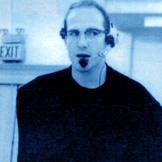
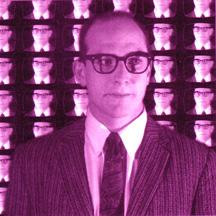
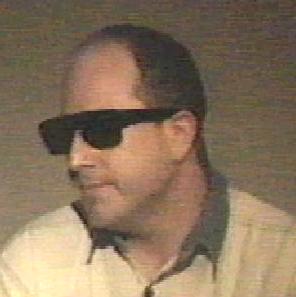
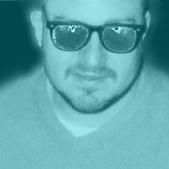
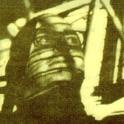
alanreade.com Home Page
© Alan Reade, 2020